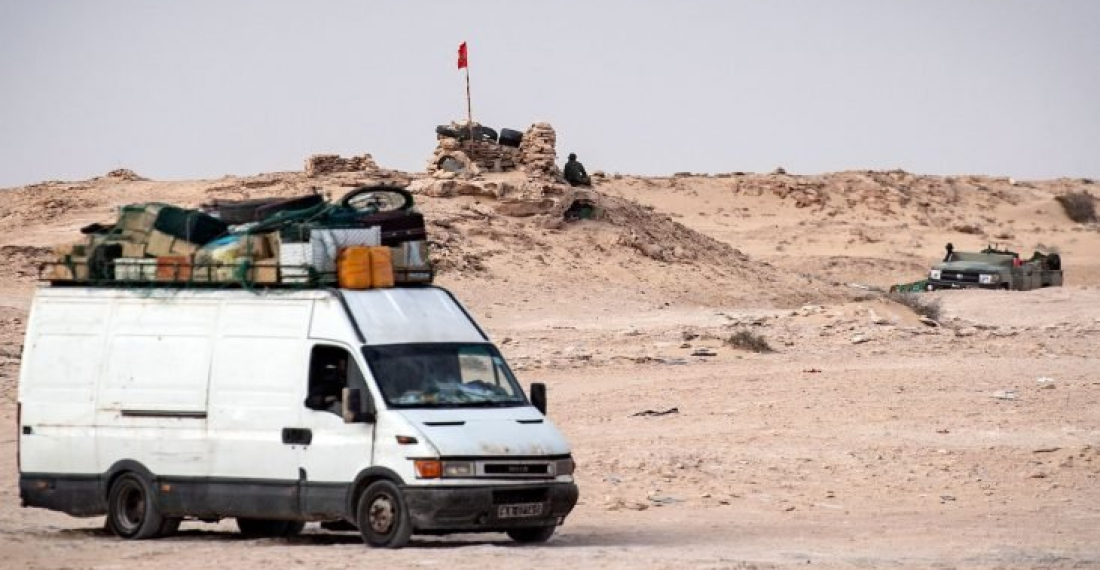Sporadic clashes continue in Western Sahara between the Polisario Front and the Moroccan forces along the 2700 km security lines, two weeks after the border incident of El Guerguerat near Mauritania. The Polisario forces claim they attacked Moroccan positions at least four times. The UN claims to have received reports of a shooting. On its turn, the Moroccan army said it retaliated and cleared security threats.
Morocco has the backing of several Arab countries while the EU and many African nations adhered to neutrality and called for restraint. The issue of the Sahara remains contentious among various interested parties. Some politicians, notably in Spain and South Africa, seem to be supportive of the Saharawi cause.
The end of the ceasefire opened a debate among the Spanish coalition government formed by the socialist PSOE and the leftist Podemos party. The position of Spain, defended by Foreign Minister, Arancha González Laya (PSOE), on Western Sahara is to return to the ceasefire to promote a political negotiation that allows reaching a definitive solution. That is, to return to the situation before November 13.
However, Deputy Prime Minister, Pablo Iglesias (Podemos) has asked the government to guarantee the holding of a self-determination referendum for the former Spanish province. The statements have not been well received in Morocco, so the Spanish president, Pedro Sánchez, will probably travel to the African country in December in an attempt to calm things down, according to the Spanish press.
The Sahara clashes are not easy to trace because of the extensive region and the shifting frontlines. Winning the war in the Sahara can be costly and time exhaustive. Any continuation poses the risk of creating a security vacuum. A full-blown war will turn into attrition and open the space for further armament and possible infiltration of extremists.
The Sahara is nonetheless of important economic and geostrategic value to Morocco. Phosphate extraction, fishing activities and possible oil and gas deposits are some of the prospects in the Sahara. In additions, a coast of 1100 km can give an important geostrategic value to Morocco. Nonetheless, Morocco's main argument is the historic and legal basis of sovereignty over the Sahara.
In the Sahara itself, the Polisario's cause is not taken for granted as several Saharawis supported the operations by the Moroccan army. There was no progress for the referendum over the Sahara due to differences on who should vote and how the referendum is ought to be held. Several Algerian and Moroccan scholars called for a ceasefire and swift resolution.
Source: commonspace.eu with agencies.
Photo: A van nearby the clashes area with a Moroccan security outpost in the background (Al Quds al Arabi).







